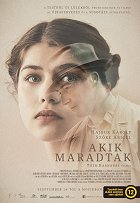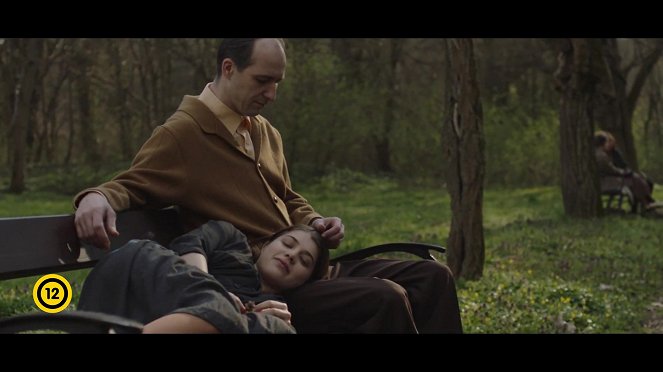Realização:
Barnabás TóthCâmara:
Gábor MarosiMúsica:
László PirisiElenco:
Károly Hajduk, Abigél Szőke, Mari Nagy, Barnabás Horkay, Katalin Simkó, Andor Lukáts, Judit Marosvölgyi, Zsolt Zayzon, Adél Jordán, Lujza Emma Tóth (mais)Conteúdos(1)
In Budapest, in the aftermath of the Holocaust, Klara (Abigél Szőke), a sharp-tongued girl making a rocky transition to puberty, is treated by Aladár (Károly Hajduk), a gentle, decent middle-aged doctor. She lashes out in furious denial over the loss of her parents; he is paralyzed in silent grief over the deaths of his wife and child. Together, they struggle to carve out a space between sexual impropriety and redemption. But a new totalitarian threat has started to take shape around them, as the Soviets begin asserting their force. Director Barnabás Tóth, who cowrote the script with Klára Muhi, crafts a quiet but deeply affecting and exquisite story of survival, achieving the impossible: a balance between heartbreaking grief and the hope of a new beginning. Szőke, just 17 at the time of filming, provides a mesmerizing portrait of a girl ascending to womanhood under a veil of rage and sadness. (Telluride Film Festival)
(mais)Críticas (1)
O motivo de Lolita em forma platónica, num período em que as pessoas que perderam as suas famílias no Holocausto sofriam os traumas da Segunda Guerra Mundial enquanto eram simultaneamente flagelados pelo início do comunismo intimidante. Uma história suave sobre uma adolescente órfã que encontra apoio e amor paternal num homem introvertido de meia-idade. E sobre ele, a quem ela dá um impulso de vida e o retira da sua triste solidão. O filme baseia-se em grandes atuações de ambos os atores, a aura positiva da relação de cura mútua dos personagens, e também o mantém curioso sobre onde a sua convivência íntima os levará. Com receio da sociedade suspeita à sua volta, marcada por um regime de mau carácter. Um filme com alma.
()

